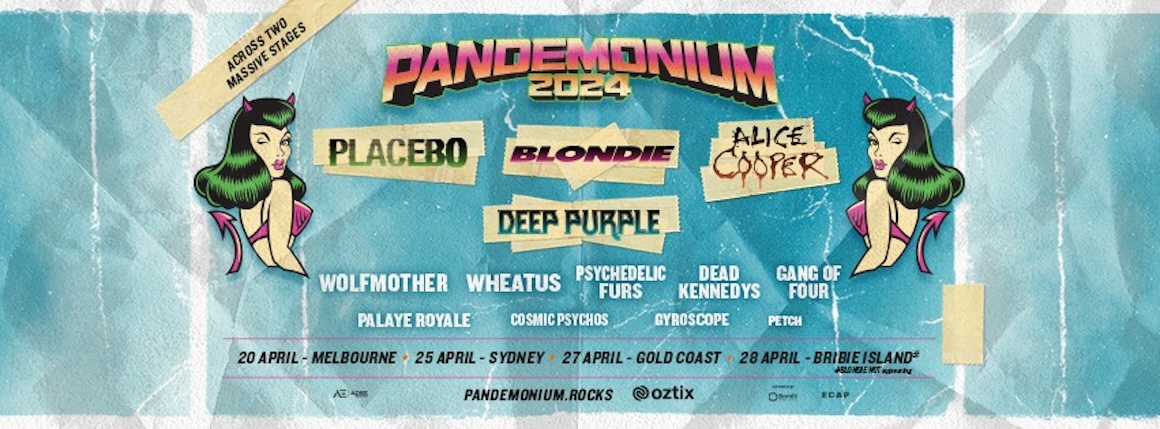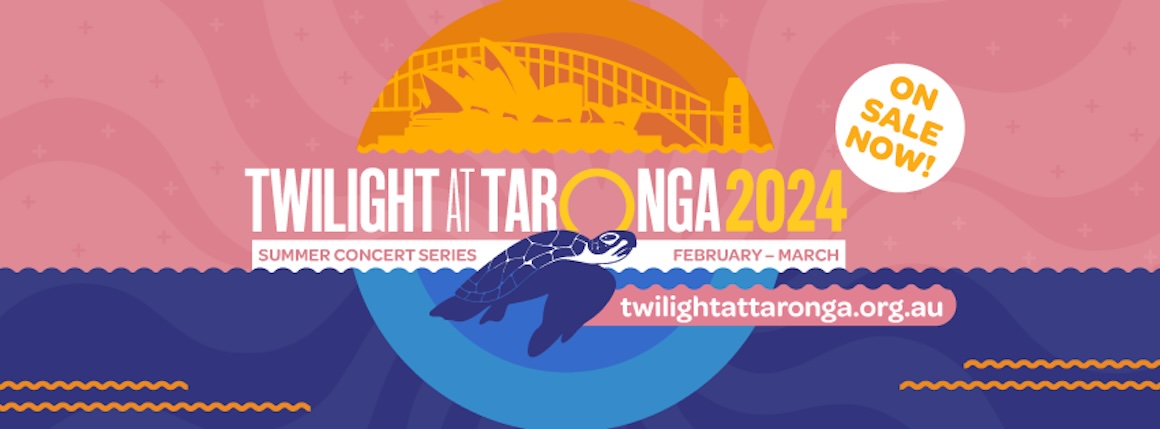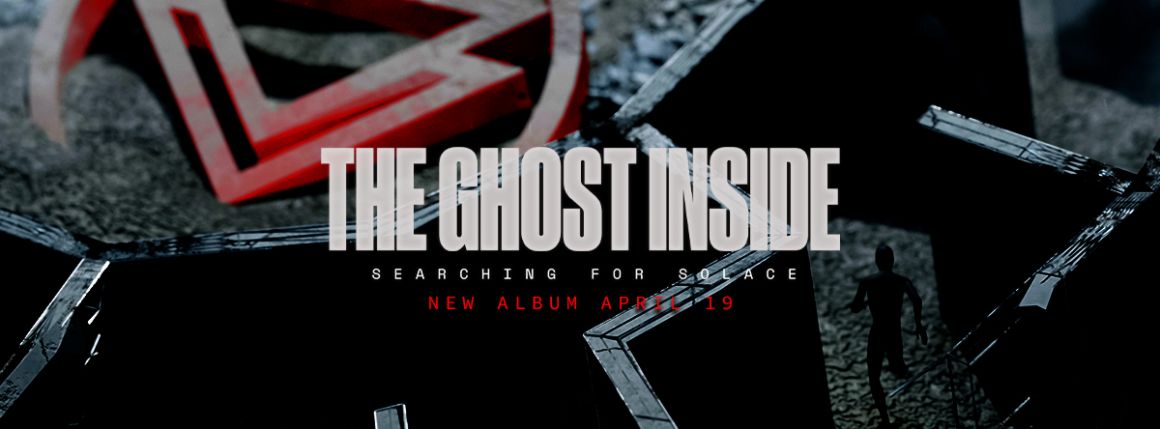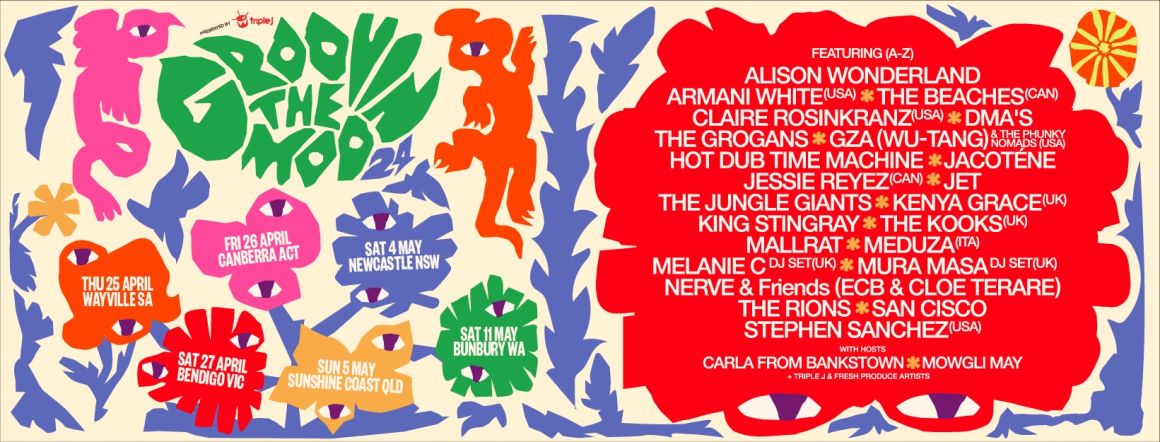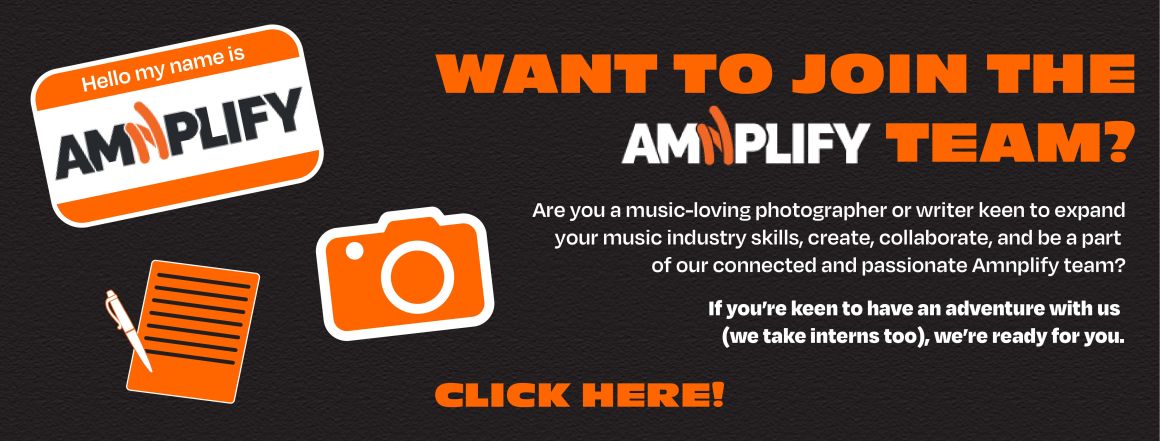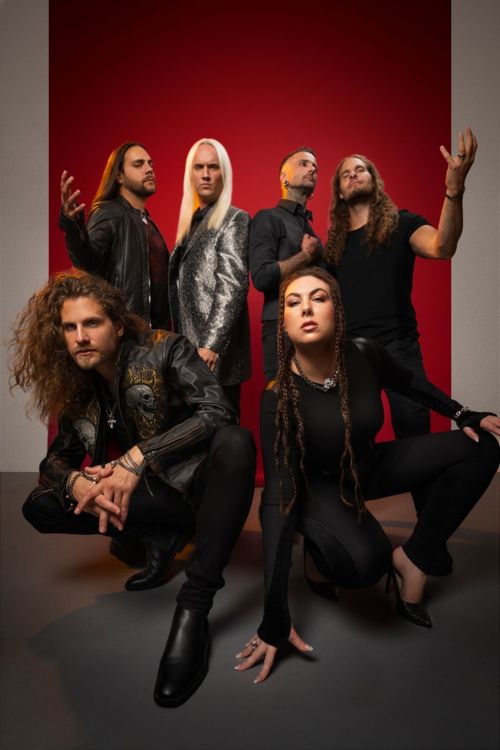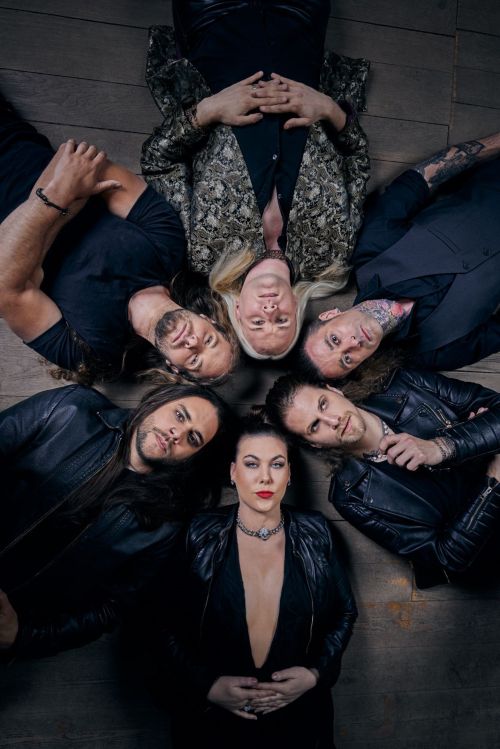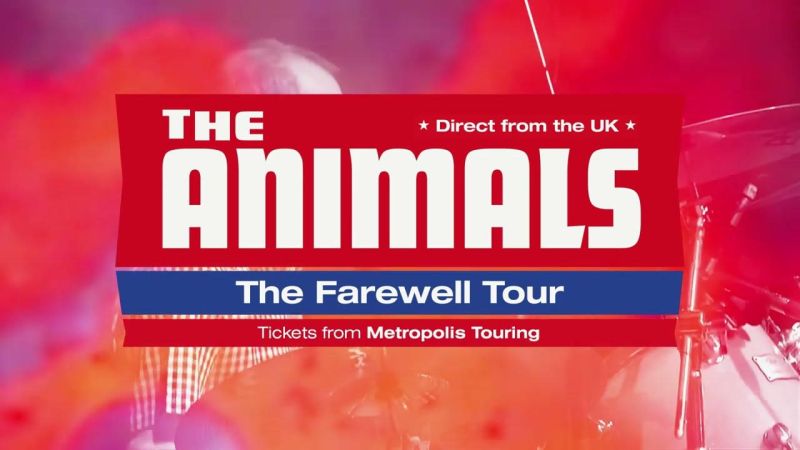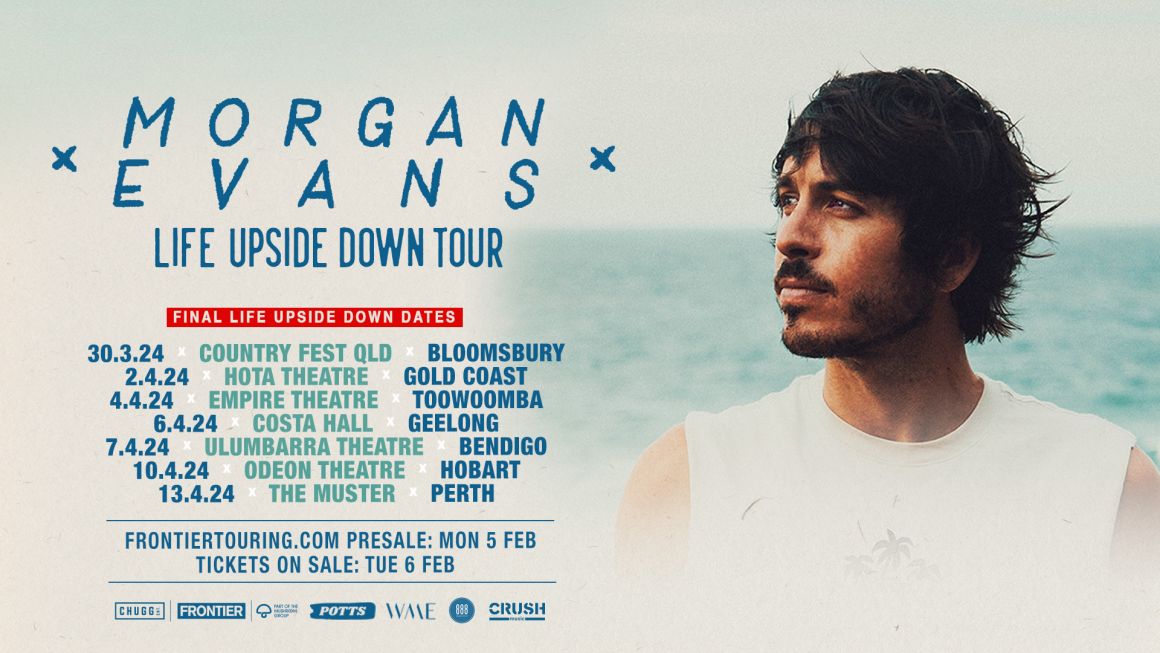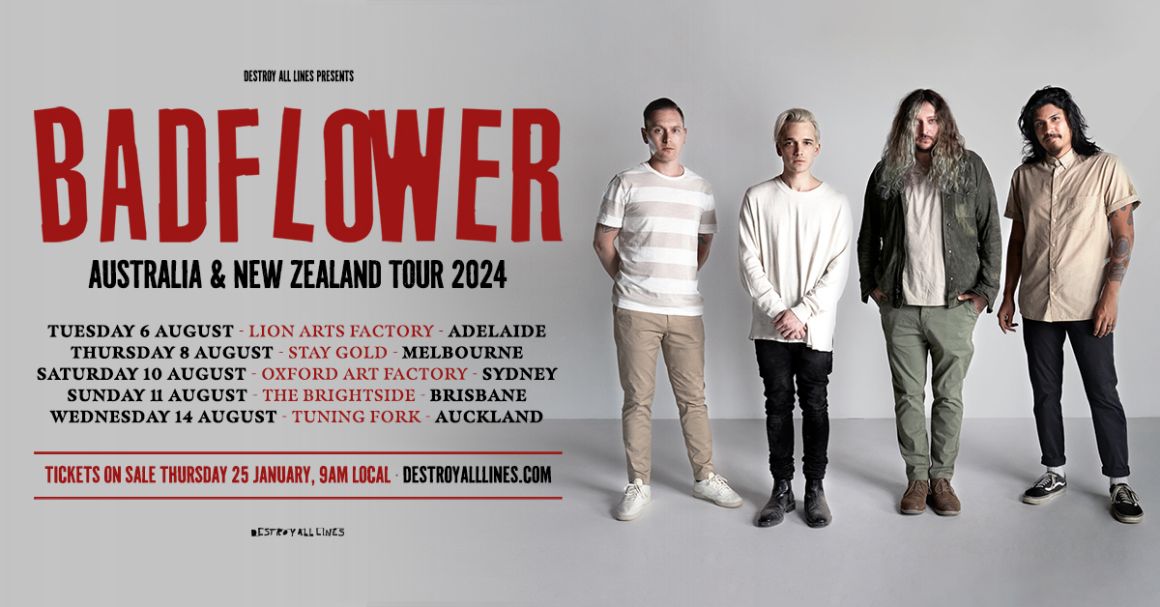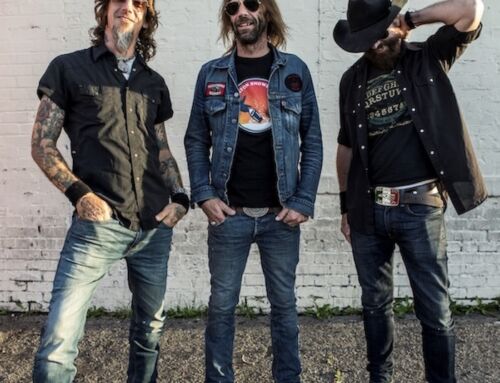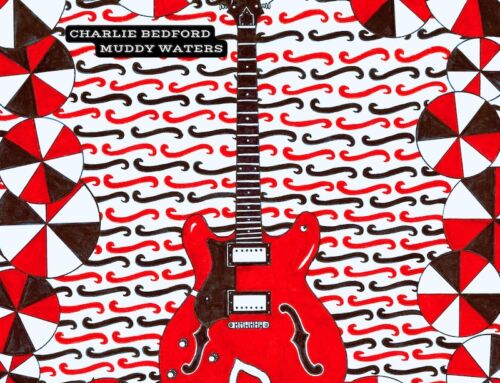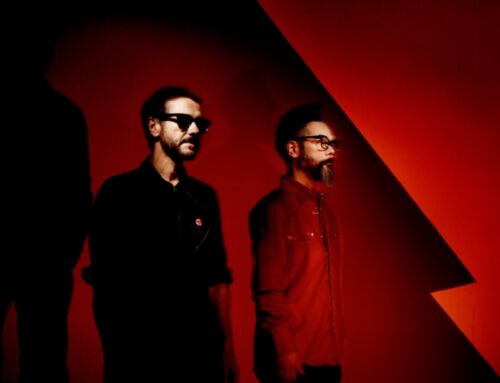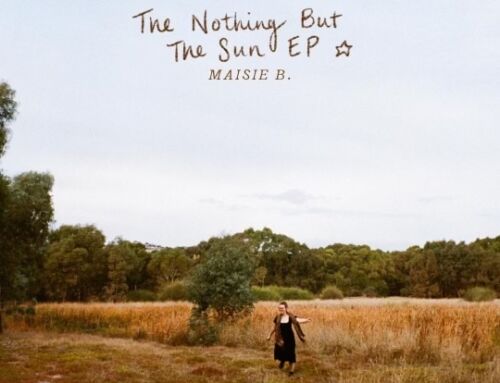Project Description
. . . . . . . . . . . . . . . . . .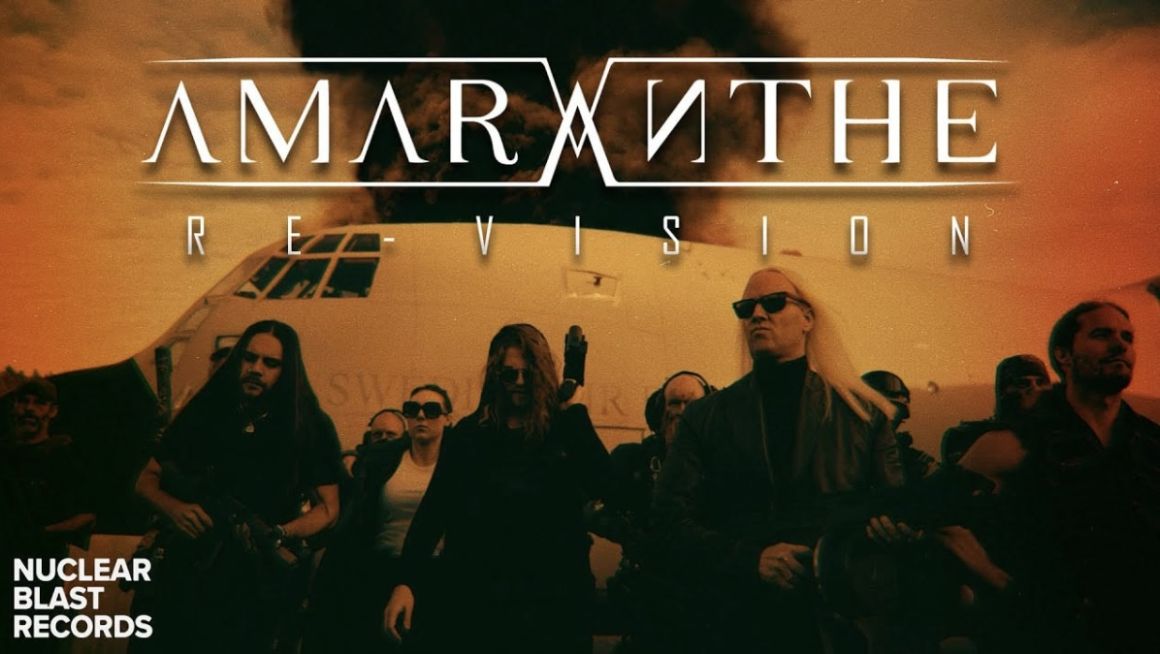
Interview with
Morten Løwe Sørensen
from
AMARANTHE(12th February 2024)
Interview with Dave Bruce
How did the band come together 15 years ago? What’s the story behind the band’s name, Amaranthe? Looking back is this where you expected to be?
The band came together around 2007, 2008-ish. Started out as a project that Olaf and Jake, our previous singer, worked on. They had this idea of gathering a lot of people from the local music scene in Gothenburg and creating a kind of all-star project thing. I guess they just realized that it was better to just make a band out of it actually, because we didn’t get any of those stars anyway.
I was the first drummer. Around 2007, we were touring in a Swedish death metal band called Nightrage, not Nightwish/ We just became good friends and he mentioned this project, this idea. He asked if I was interested in putting down some drums and I said sure. We had a few beers and one of those talks that you have sometimes and basically decided, let’s make a band. He sent me a couple of demos maybe half a year later and I said, I’m still up for this. Sure, let’s go. We did some demos, tried some growls on this song and then it’s like, ah shit, it really works. And we just became a band just like that. And then we started getting all requests from labels and stuff like that. It was back in the MySpace period. I remember we had these songs on MySpace. It was just like with today’s standard, pretty bad demos, but people loved it.
Where did the nine come from? Amaranthe? Well, actually, first, the name was Avalanche. We had the whole logo and everything and pictures and everything already. And the whole concept with all the A’s. like the three A’s and we kind of make it make pictures and that kind of underlined this whole artistic style and, and then out of nowhere came this mail from a Swedish cover band also by the name of Avalanche. And they claim to have the right for it. We came up with a bunch of names and then Amaranthe was one of them. We were like, yeah, it works. Let’s go with that. And at first it was like, ah, it’s a little bit weird, isn’t it? Amaranthe, what does it even mean? You know, how do you pronounce it? But it worked out and here we are.
And did we expect to be here after 15 years? Well, actually we had very high ambitions. We could definitely see this being our main band because all of us were in different bands back then that we were really into. And I was all around, I was playing in 10 bands at the same time in 10 different genres and stuff like that. Just trying to kind of make it as a drummer, you know, and I also felt like, oh, this could be it. And yeah, so it was a, we took it very seriously from the beginning actually. And so it’s not much of a surprise. I mean, we had some member changes and like most bands go through some members, you know, and now we’re probably stronger than we ever were before actually with the lineup we have now. How would you describe your sound? Why do you think fans resonate with your music?
I guess the sound is a mixture of a bunch of other sub genres and elements that you can find everywhere from from pop music to death metal, pretty much. By now, since it’s our seventh album we’re about to release, we kind of have our own sound. I mean, it’s kind of established now. We have written so many songs that our style is “Amaranthe”. It’s not so much we copy other bands or anything like that. But some of the early influences were definitely bands like Soilwork. Both me and Olaf really loved Soilwork, but we didn’t really want to go all the way with the catchy songwriting and all that. They were like the pioneers of death metal bands who started with clean vocals and then it’s like the catchy choruses and like still very technical and really interesting. So we were really into that stuff. And then Olaf had all these other influences and then Elise has all these ideas as well and it’s like just flowing out. So when they create music together it just becomes “Amaranthe”. Fans resonate because obviously they like the music. I think we have a good show, especially these days. We’re also actually really building the show now. It has its own set of vibes, you know? It’s very positive. It kind of brings you up. It doesn’t take you down. I have nothing against that. I like listening to very melancholic music myself as well, but cannot only listen to that. You also need songs that are good for a workout or when you’re driving in your car or whatever people like doing or cleaning, you know. I know a lot of people, they listen to our music while doing stuff. Good. And yeah, there’s different kinds of music, some music you need to sit down and really pay attention. You can do that as well, obviously, and you will also find a lot of elements in our music.
It’s also something people tend to listen to back and forth from work, you know, and like in everyday life. So I guess it’s like the soundtrack of people’s daily life in a way..
Presave or preorder your format of choice HERE
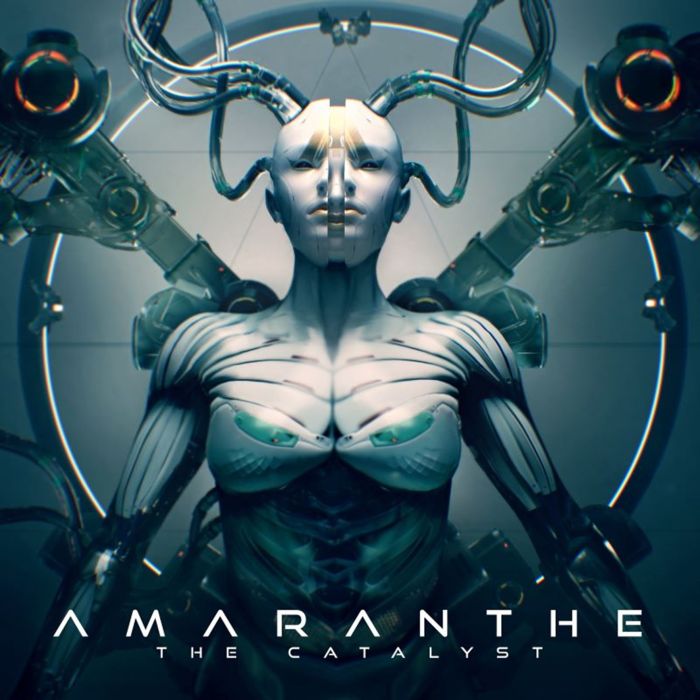
The Catalyst marks a significant evolution in your sound. How did the three-year process of creating this album impact your creative approach compared to previous releases?
Well, I think a big difference this time has been, first of all, there’s a bigger time gap from this album, from the previous album to this album. Usually we tend to release albums every second year. Now it’s actually more than almost four years from our previous album. And we had the whole pandemic and all that. So all the creativity was kind of gathered for a longer time into something really, really powerful and very creative. It was a very, very creative process and a very easy process. It’s the classic, like the music wrote itself, you know, but it really did. You just have to not get in the way of it. You just have to let it.
I mean, obviously everything starts all of us and Elize getting together and gathering ideas and making blueprints for songs. And then it all comes together in the studio. And we tend to spend a lot of time in the studio. We usually have two, three months in the studio recording and working on the songs. And it was a very, very nice creative process and it’s always interesting because you never know, we never know when we get to the studio how it will actually turn out. It’s always a little bit of a gamble. But that also makes it Amaranthe as well. That everything is written in a very short amount of time. So it’s not like many bands, they tend to spend years literally making demos, go back and forth, rewrite stuff, analyze. Here it’s more like really focused work in a short amount of time. And that makes the whole album come together and have its own personality. A lot more than if it were written over years and years. I feel like the songs on this album have much more of a character of their own, while at the same time, the whole album has its own personality, somewhat. I mean, it’s more up-tempo overall, I would say, than our previous couple of albums, and it’s more energetic. There’s a lot of stuff happening, a lot of information, you know, like fairly short songs with a lot of stuff happening.With the addition of Mikael Sehlin as the band’s new master of growls, how has this dynamic influenced the overall composition and energy of the album, especially in songs like ‘Outer Dimensions’ and ‘Ecstasy’?
He’s indeed the master of the growls. But it’s funny that you mentioned these songs because especially ‘Outer Dimensions’, he’s not even there. It’s one of those few songs on the album where there are no growls. He’s a total beast in the studio, total pro as well. I mean, he came in and he completely destroyed everything. Super good timing, you know, like everything was just on the grid, you know, he was, yeah, he’s great. He’s had some very, very big shoes to fill because our previous singer Henke was amazing and it was not easy to find a new one. We knew Michael from way back in 2015 when he was actually supporting us on a European tour with his old band Engel. So we knew he was a really, really good guy on a personal level and a great singer, but we didn’t know how good he actually was. So it was a very nice surprise. And yeah, I mean, his performance on this album is amazing. And so he is live. I mean, we did a full US tour now and his voice is holding up which is not something you can say about a lot of people with this kind of vocal. They tend to, you know, halfway through the tour, they’ll start struggling. And, you know, if they use the wrong technique, they will lose their voice completely. But he’s like, no different from the first song and the last song. He only got better.The Catalyst is described as more theatrical and orchestral than your previous work. What inspired this shift in direction, and how did it contribute to the album’s overall concept of transformation and revelation?
Well it’s elements that were always somehow there in the sound, but on some songs it’s a bit more out in the open now, like a song like Breaking the Waves, which has some actual orchestral sections, like with the real orchestral instruments and everything.
It felt natural to start incorporating these elements. It’s always been a natural part of all of the songwriting with these other bands. So the know-how to do this was always there, but it never really seemed to be possible to fit it in. But this new album created so much possibility for incorporating different elements that it seems natural. And it’s not like it’s not everywhere. But on certain songs, it’s featured quite, quite heavily. And I would say that it reflects the whole concept as well of like the catalyst, like the renewal and change as well.
Not that our sound changed that drastically, but there is always a need to somehow renew ourselves a little bit.
Especially when it’s been this long since the previous album and life overall. We all lived through the pandemic as everyone else and what we loved the most was kind of taken away from us for a while. So I think for a lot of people, not taking things for granted as they usually were made us a little bit more introspective and we incorporated some changes here and there in our life and on a musical level as well. The band has always been known for its unique triple vocal attack. How did the collaboration and interaction between Elize Ryd, Nils Molin, and Mikael Sehlin evolve during the recording of The Catalyst?
Well, great. Everything, the whole workflow in the studio was flawless, I would say. Usually, not everyone is present at the same time during vocal recordings, but this time, all the singers were there when Mikael was recording his vocals. And they were kind of shifting back and forth between singing. They definitely feed off each other. Especially Nils and Elise, they created a lot of these goosebumps moments together for sure on this album. I can say it’s the same live. You have to experience it. It works. In the creation of The Catalyst, did you face any challenges or moments of uncertainty, especially considering the bold choices made, such as incorporating Irish folk music and orchestral elements?
There’s always moments when you have, I wouldn’t say doubts, but there’s always the pull of the analytic brain that wants to take over and wants to destroy what’s created and make it better somehow, but you kind of have to not get in the way of yourself at the same time.
And just trust the God feeling. So I think that was something we got better at and it’s an album to just kind of let it happen in a way. It wasn’t really any struggle or anything like that. It was, like I said before, it was probably the easiest album to record because it wrote itself. The album’s title suggests a transformative journey. How does The Catalyst represent a culmination of 15 years of hard work and the pursuit of a wholly original musical vision for AMARANTHE?
This is just the most recent album in a way. You always feel like the recent album is always the best one. But when you look down on Amaranthe as a concept and as a band, it feels like this is just the seventh album. There’s also the eighth and the ninth and the tenth and the eleventh. It’s already there. Every album is always a reaction to the previous one. There was always something that after a while, when you digest it, you feel like, ah, we shouldn’t have, maybe we should have had more of those songs. Maybe you shouldn’t have more of those elements. And where does this fit in? It’s almost like in the whole Amaranthe universe, you can almost look at it like the Marvel universe, you need a movie like that, you need this and you need that and you need that. And so there’s really no limits.
We created a pathway that makes us be able to almost incorporate any elements we want now because of previous albums. So we kind of paved the way that makes it open for almost anything. 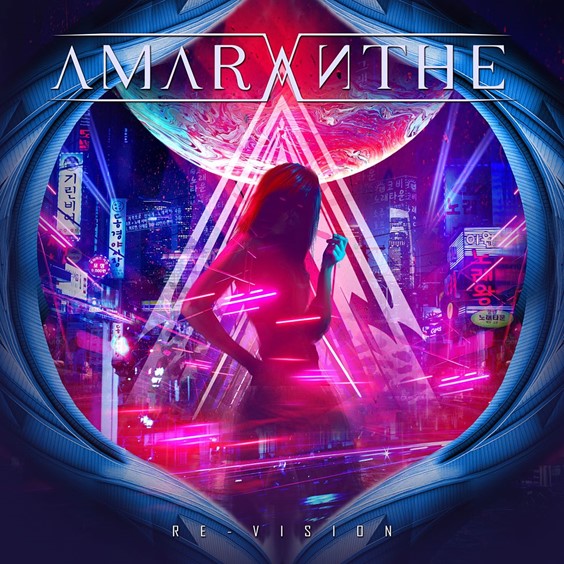
What sets Amaranthe apart from other bands in your genre?
Well, first of all, three vocalists. By having three vocalists, you can go everywhere. You can do it on separate songs or you can do it in the same song. You can have this, even if it’s fairly short songs, every song can feel like a journey. Like you have all these colors that you can paint with and sometimes you want to use all, sometimes you just want to use a few. But we have the possibility to kind of create whatever is available to us at that moment, there were never any limitations. It feels like anything is always possible. So we just have to capture that moment or whatever you would call it. Does that make sense?The band’s live performances are known for being euphoric and eye-popping. How do you plan to incorporate the new material into your live shows, and what can fans expect from an AMARANTHE performance?
We’re gonna actually go on the road for a European tour in a couple of weeks now. And it’s gonna coincide with the album release and everything. So we’ll definitely be playing some new songs. I think we’re gonna play five, six new songs already. We have created a set list as well which we haven’t played yet, so let’s hope it works. I think it’s gonna be the best setlist we’ve ever created. Like with every album we release, we always make the possibility to make the setlist even better, obviously. Also, we have a completely different looking stage show now. We have been upgrading a lot of stuff. So visually it’s gonna be very different than ever before. You can always expect super high energy and a very dynamic show. There’s so many different factors that’re in play when you perform live. And it can be tough sometimes. You cannot always expect absolute perfectionism. There will be stuff happening here and there. There will be people getting sick. Every time you tour, there’s always someone getting sick. You tend to forget every time that, oh yeah, it happened on the last tour as well. And it’s usually singers. And obviously, when a singer gets something with the voice, it’s a challenge. But usually it works out very well.If you could sum up your band’s philosophy in one sentence, what would it be?
I guess it’s the old cliche, like be the change you want to see in the world. So keep representing, so sort of live in the moment and keep representing yourself and keep moving, keep flying. Yeah, something like that. I mean, there are many ways you can put this, of course, but we generally have a very positive outlook on life. You know, like we want to bring people up, not take them down. We want people to have a great experience. With that in mind, what piece of advice would you give to an artist starting out?
Alright, with that in mind, what piece of advice would you give to an artist starting out?
Well obviously practice. There is no substitute for putting in the hours. You have to really put in a lot of time and effort. I mean, you can be smart about it as well, and you have to make a lot of mistakes and you have to be really good at failing a lot of times and be very, very patient, don’t expect anything to come easy ever.
But be very good at failing and, and try again and try again and try again. I think that’s the success formula. What is the best thing about performing to a live audience? What’s been the career highlight so far?
The best thing about performing to a live audience is to feed off their energy. They give energy and you give energy and it’s the back and forth when you really feel the energy. It’s something you cannot replicate in a recording or in a rehearsal room. There is some supernatural magic happening there for sure. Best moment? I don’t know. I don’t really collect moments like that. I try to just keep moving. Don’t look back too much. Thank you, brother. I’ll send this through with explanation and all that really appreciate your time. Sorry for taking so long. You’re like, I say, I’ve talked too much.
No worries. It’s been a pleasure.Thank you very much, mate. And I’m sure I’ll see you when you’re out here from afar, probably. I’ll be the one clapping down the back.
Nice. I would throw you a drumstick. All the best. Bye now. All right. Take care.
You too.AMARANTHE is:
Elize Ryd | vocals
Mikael Sehlin | growls
Nils Molin | vocals
Olof Mörck | guitars, keyboards
Johan Andreassen | bass
Morten Løwe Sørensen | drums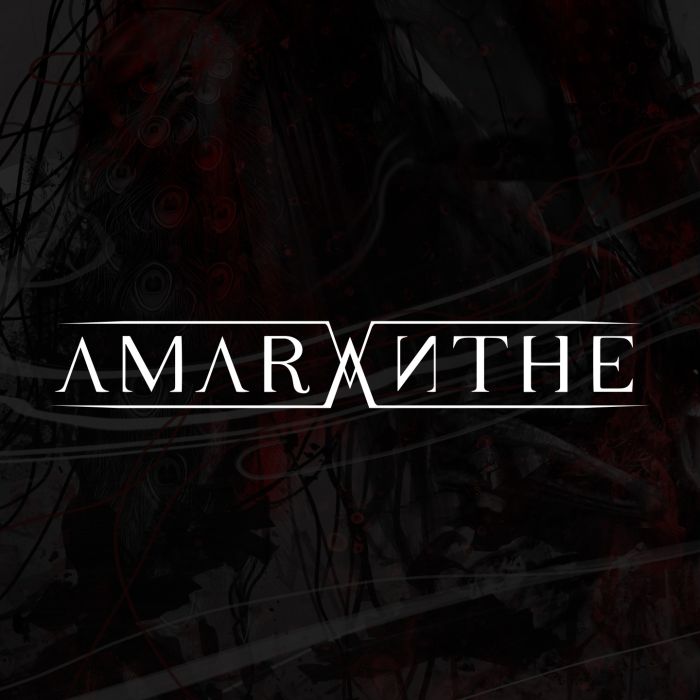
Follow AMARANTHE
Website – Instagram – Facebook
Twitter – YoutubeAMNPLIFY – DB


